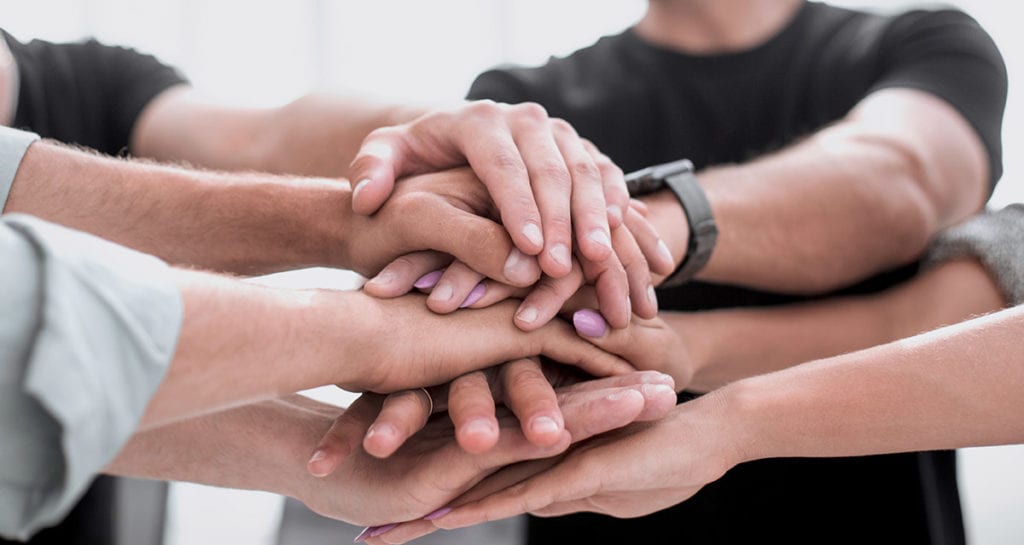Group therapy is a kind of psychotherapy involving one or several therapists working with different people at the same time. The group often includes people at different stages of the treatment or recovery process. As people recover or cope with their condition, they give hope to those at the beginning of the process. Members of the group share their strengths, weaknesses, and encourage each other. The setting is supportive, safe, and allows members to express themselves without the fear of failure. The benefits of group therapy revolve around responsibility for one’s choices, actions, and lives.
Stages of Group Therapy
Most group therapies have three categories. The beginning phase is where the members undergo orientation. The therapist teaches them the goals and rules of the group. The middle phase takes the most time during the therapy session. The leader works towards modifying the behaviors of the group members. The phase also involves the thinking patterns of the members. Members make meaningful connections during this phase. The main aim is to attain treatment goals.
The ending phase is where the therapists and the group members recognize their accomplishments. The last phase also involves addressing any sadness or anxiety among the individuals in the group.The leaders responsible for group therapy in substance abuse and mental health treatment should boost motivation among the members. The therapists should also build coping skills and limit conflict among patients.
Benefits of Group Therapy
There are many benefits of group therapy, including:
- Groups help you grow: People tend to push themselves further when they observe other people doing so
- Group therapy promotes social skills: Groups encourage people to interact with each other. They ease the sense of isolation for mental health and drug addiction patients
- Groups help you learn about yourself: They help the members uncover new sides of themselves. By listening and talking to other people, you learn new things about them and yourself
- Group therapy provides support: Most people experience a sense of relief after interacting with others with similar conditions. Getting people to lean on during the treatment process helps you believe in yourself
- Groups give you a sounding board: Members of the group help you view situations differently. Getting the perspective of other people helps you make wiser decisions
- Sharing enhances healing: Telling people your problems helps you heal faster
Treatment Programs at The Washburn House
The programs are under the management of mental health professionals, nurses, and doctors. The experts provide resources, tools, and care to help you push towards addiction recovery. Among the programs provided include:
- Group therapy: This kind of therapy plays a major role in the treatment of drug addiction. Working with a group of people significantly changes how addicts manage their recovery. Engaging in a community increases your engagement in long-term recovery
- Partial hospitalization program: This program involves having therapeutic care from health experts. Group counseling is a part of this program. Counseling improves stress management, relapse prevention, and healthy relationships
- Intensive outpatient program: This involves attending group sessions to help you stay in track during the recovery process
- Dual diagnosis treatment: Treatment of co-occurring disorders takes place at the same time
- Medically monitored detox: Aside from counseling, the facility also provides prescribed medication. The detox period is important and one may experience withdrawal symptoms
- Inpatient drug rehab: The patients stay in a residential facility and receive care 24-hours a day
Enjoy Group Therapy at The Washburn House
Don’t wait any longer to watch your loved ones or yourself struggle with substance abuse disorder. Begin the treatment and recovery process today. Enjoy the benefits of group therapy provided by a reputable addiction treatment facility. Contact us today at 855.298.3104 for a pathway to your healing.

